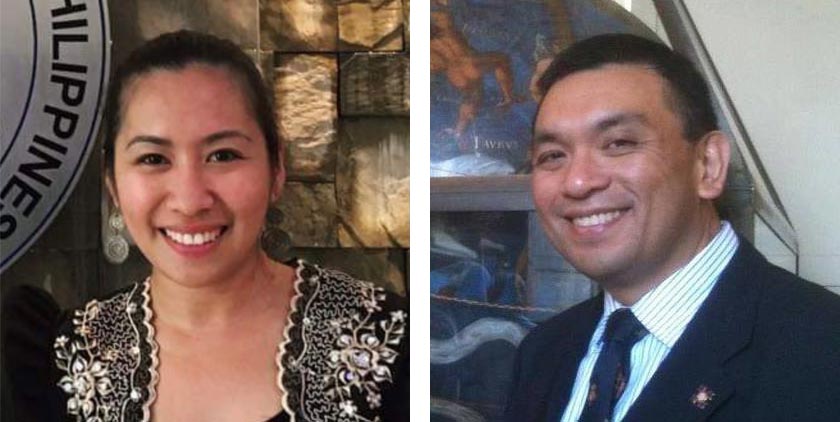
Urgent talks are underway between the Philippines ambassador Jesus Domingo and the Ministry of Foreign Affairs and Trade (MFAT) and Immigration New Zealand to fast-track a solution for hundreds of nurses after the Philippines Government cracked down on current visa practises.
Domingo said the Philippines Government was concerned about global human trafficking risks when citizens left without work or student visas and did not return.
He would love to see a new bilateral agreement allowing an open work visa for Filipino nurses, so they had a “clear route” to working in New Zealand.
More than 1000 Filipino nurses enter New Zealand every year, often on a one-way ticket and visitor’s visas, to complete a short competency assessment programme (CAP), then find nursing work. They can then apply for work visas with the support of their employers.
Auckland nurse Melody Opanes-Kircher, who administers a social media group involving 43,000 Filipino nurses in New Zealand (Pinoy Nurses in New Zealand), said the group successfully lobbied to let the nurses travel, through the Phillipines’ Embassy, after they were stopped on January 29.
She believed the Philippines Government was cracking down after global concerns about human trafficking. After being reassured it was a legitimate practice, the nurses were let through in February and an extension given until the end of April. After that, the Philippines Government has said they will no longer let Filipino nurses travel to New Zealand on visitor’s visas.
The nurses were not eligible for student visas as the CAP courses were too short, at just eight to 12 weeks, Opanes-Kircher said. While the visitor’s visa had been a recognised pathway for some time, it was an uncertain, expensive and difficult one for Filipino nurses – and an easier, smoother one was needed, she said.
It cost about $30,000 for a nurse to travel here, stay in a managed isolation facility and complete their CAP training before they could even apply for registration and jobs, she said. Those who failed to pass their CAP, often ended up working as health-care assistants (HCAs) in aged residential care facilities and trying again to qualify to register as a nurse here.
“At this time, when nurses are in such demand around the world, can New Zealand not make it easier for Filipino nurses to come here?”
Opanes-Kircher came to New Zealand on the same pathway, arriving in September 2010, completing her CAP in December and starting a job at Middlemore Hospital in February 2011.
Pay rates for nurses in the Philippines are low and working overseas was a popular way for Filipino citizens to support themselves and their families, Domingo said. But Filipino nurses were in huge demand right now, globally, due to the pandemic.
Ten per cent of the New Zealand nursing workforce is made up of Filipino nurses, according to 2018/19 data from the Nursing Council – the largest single ethnicity of nurses qualified overseas.
An MFAT spokeperson said: “We have been in contact with the Philippine authorities to provide reassurances about the competency assessment programme and the visa process for arriving nurses. Officials will continue to communicate with Philippines authorities to address any concerns they may have.”
See also ‘Filipino nurse will keep advocating’.






